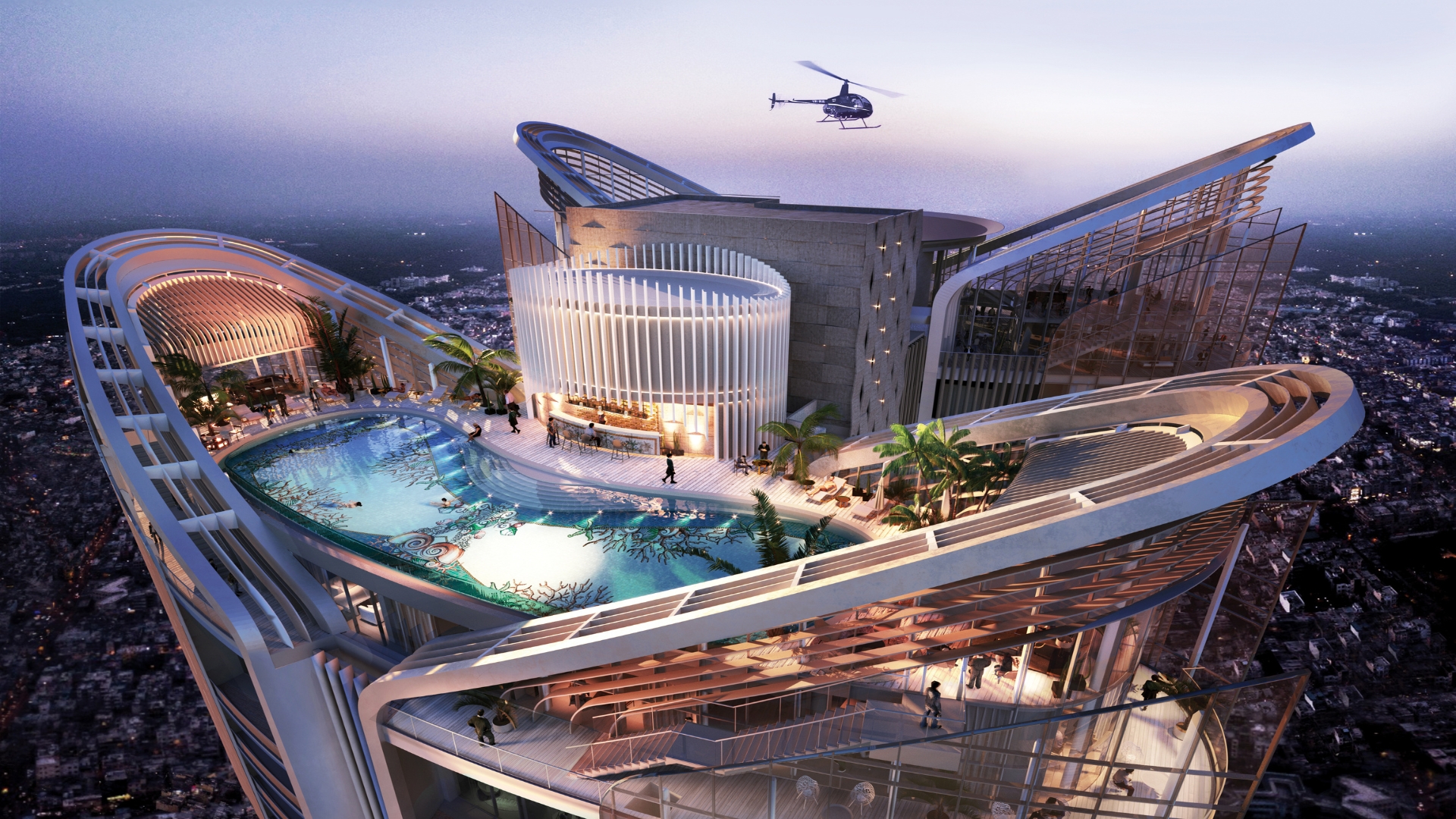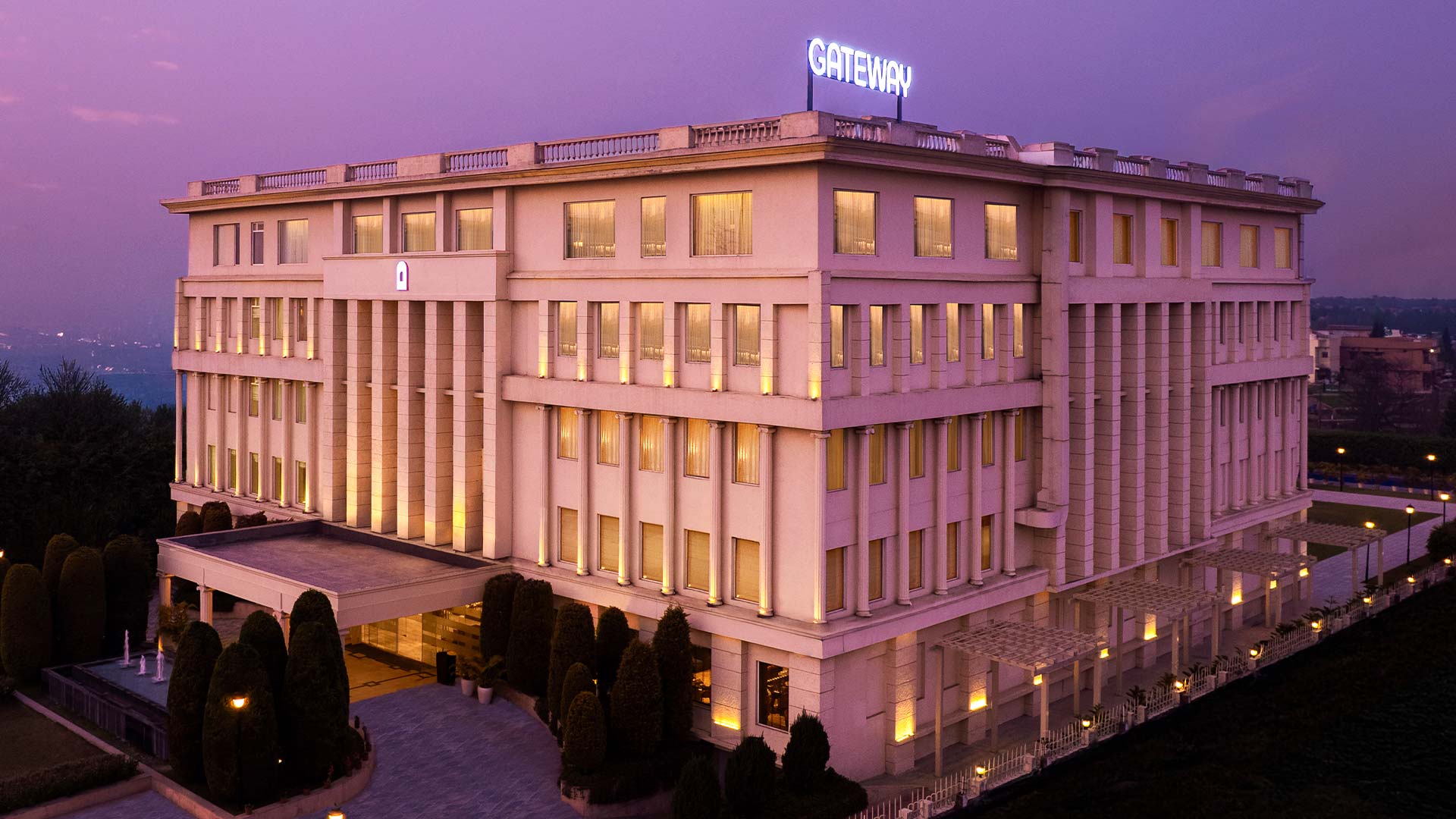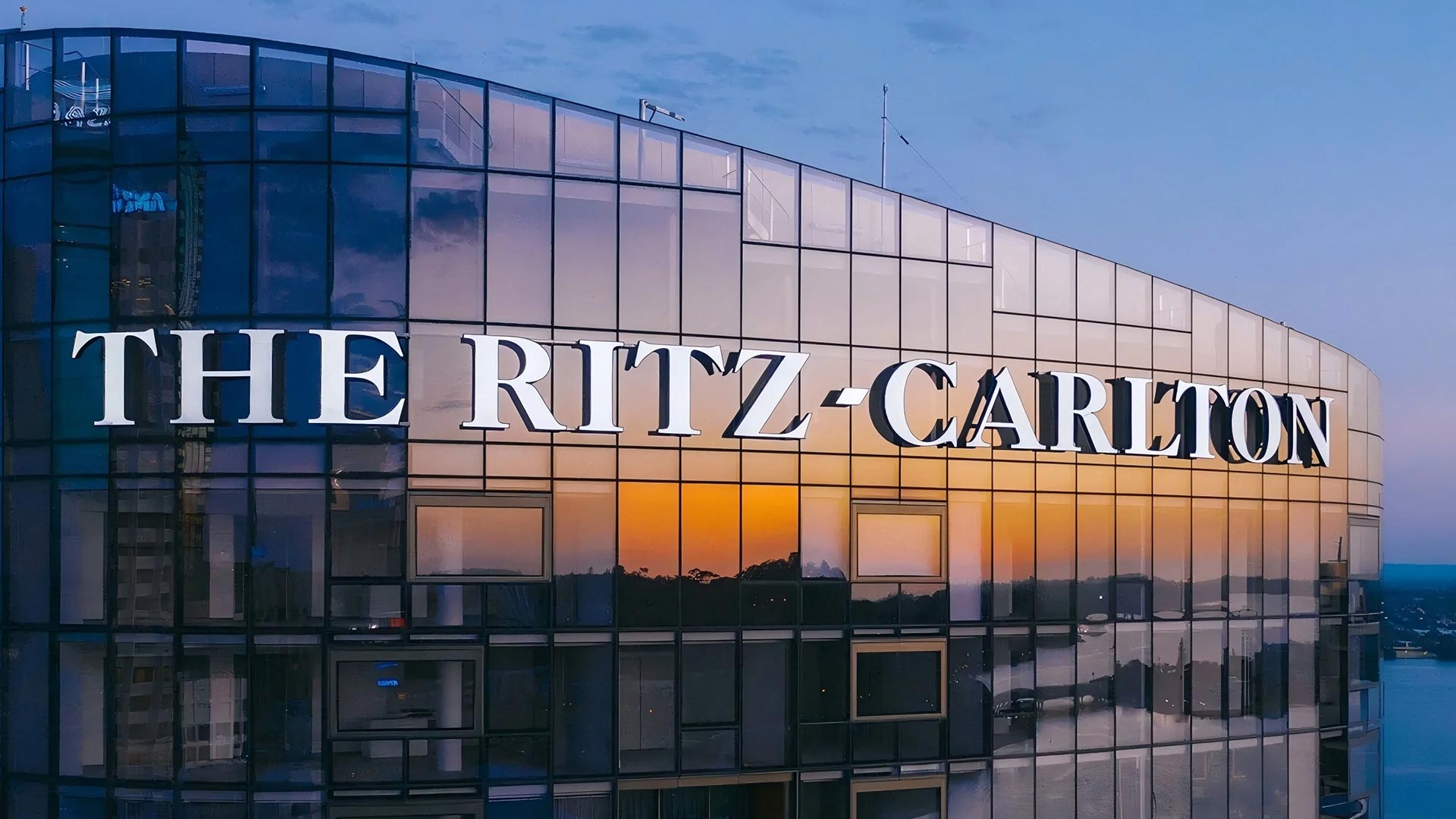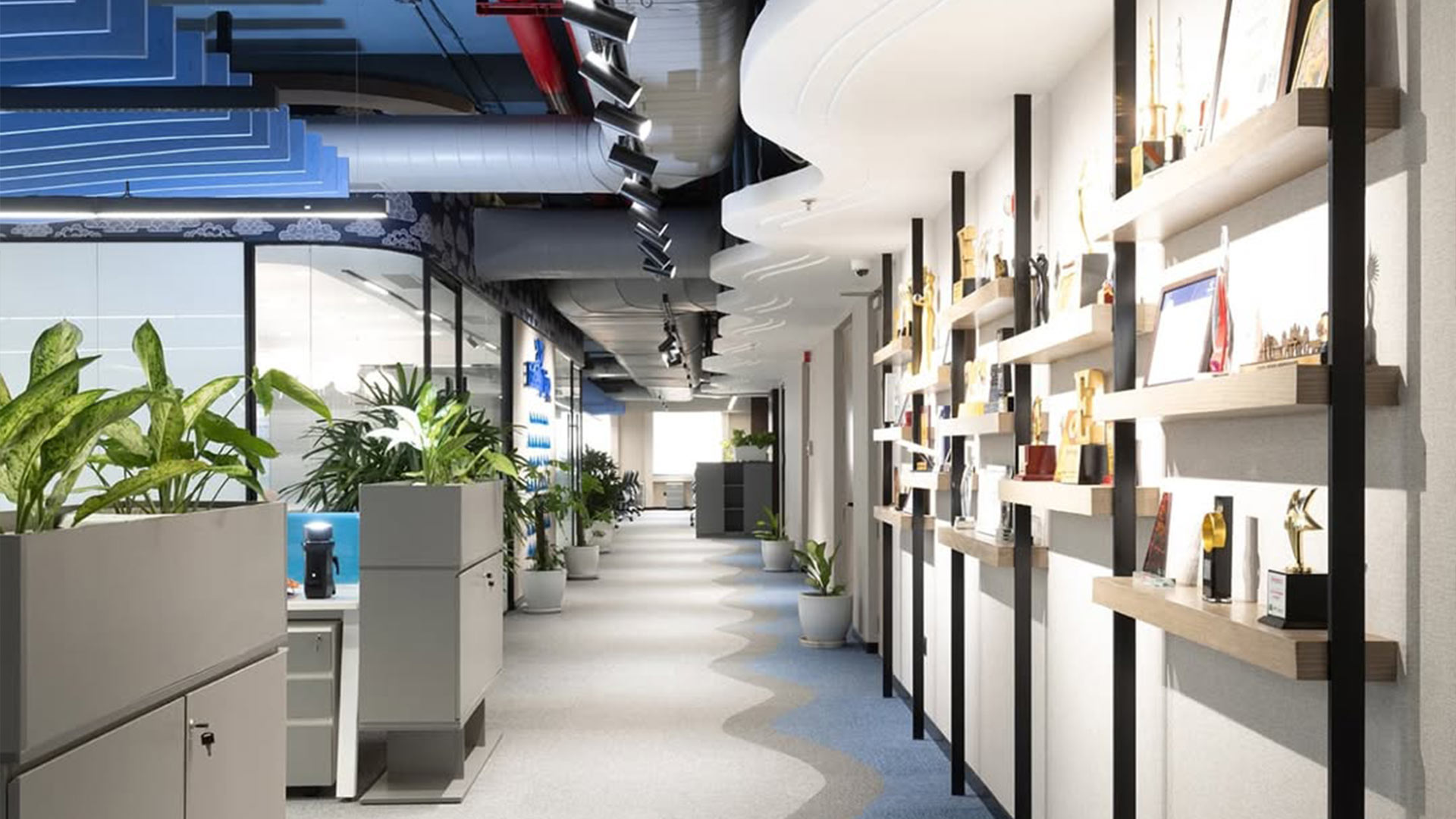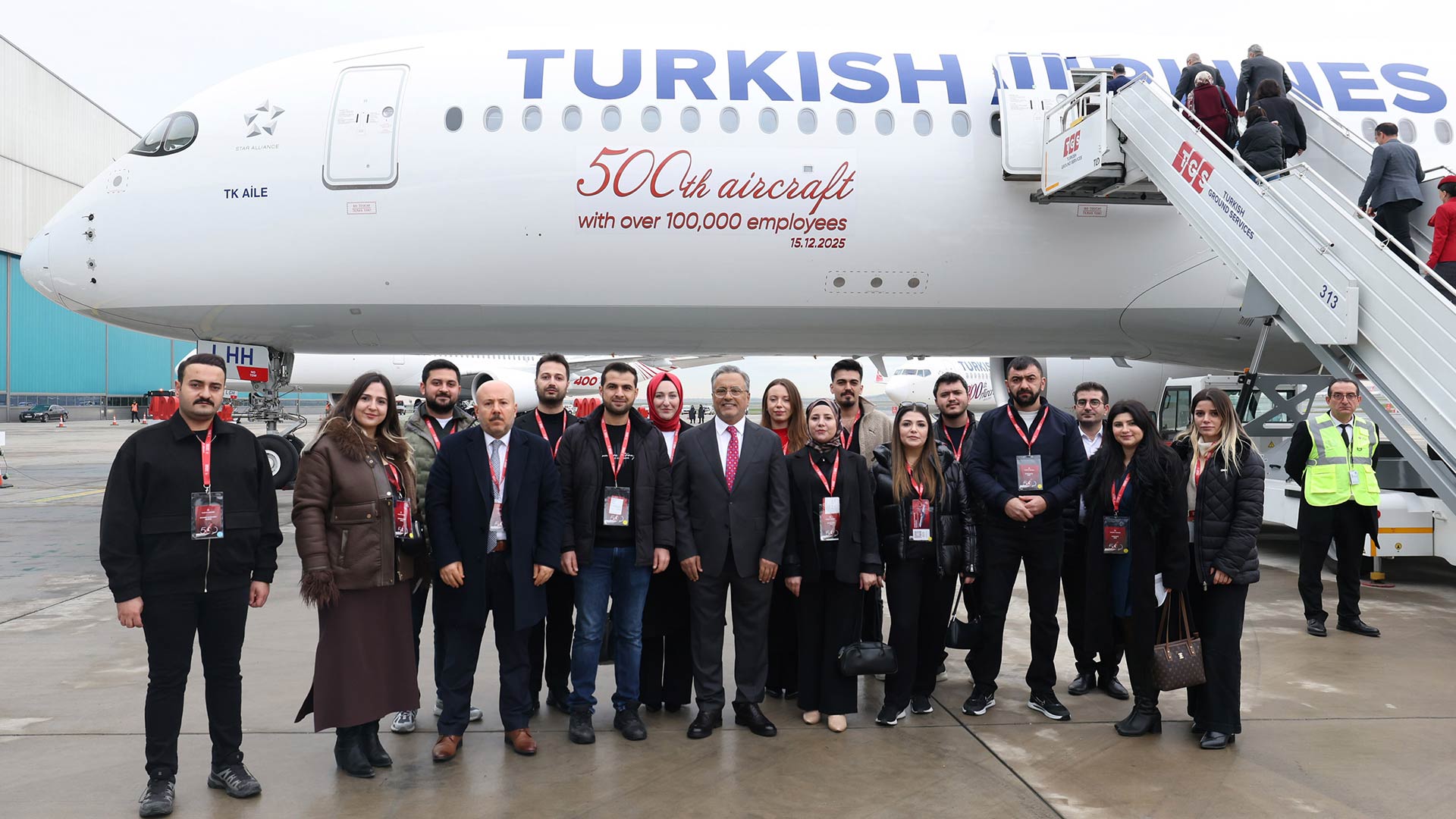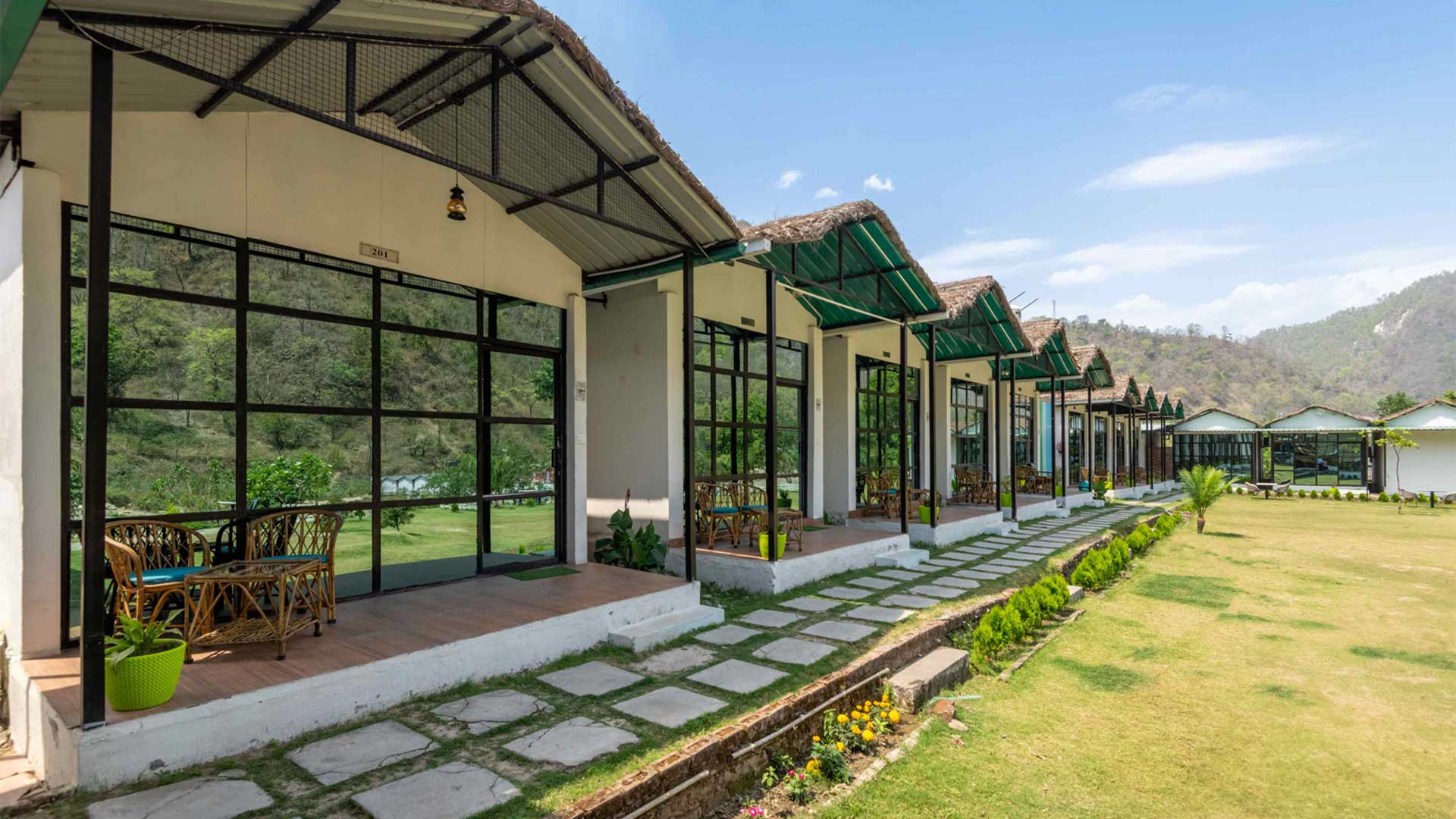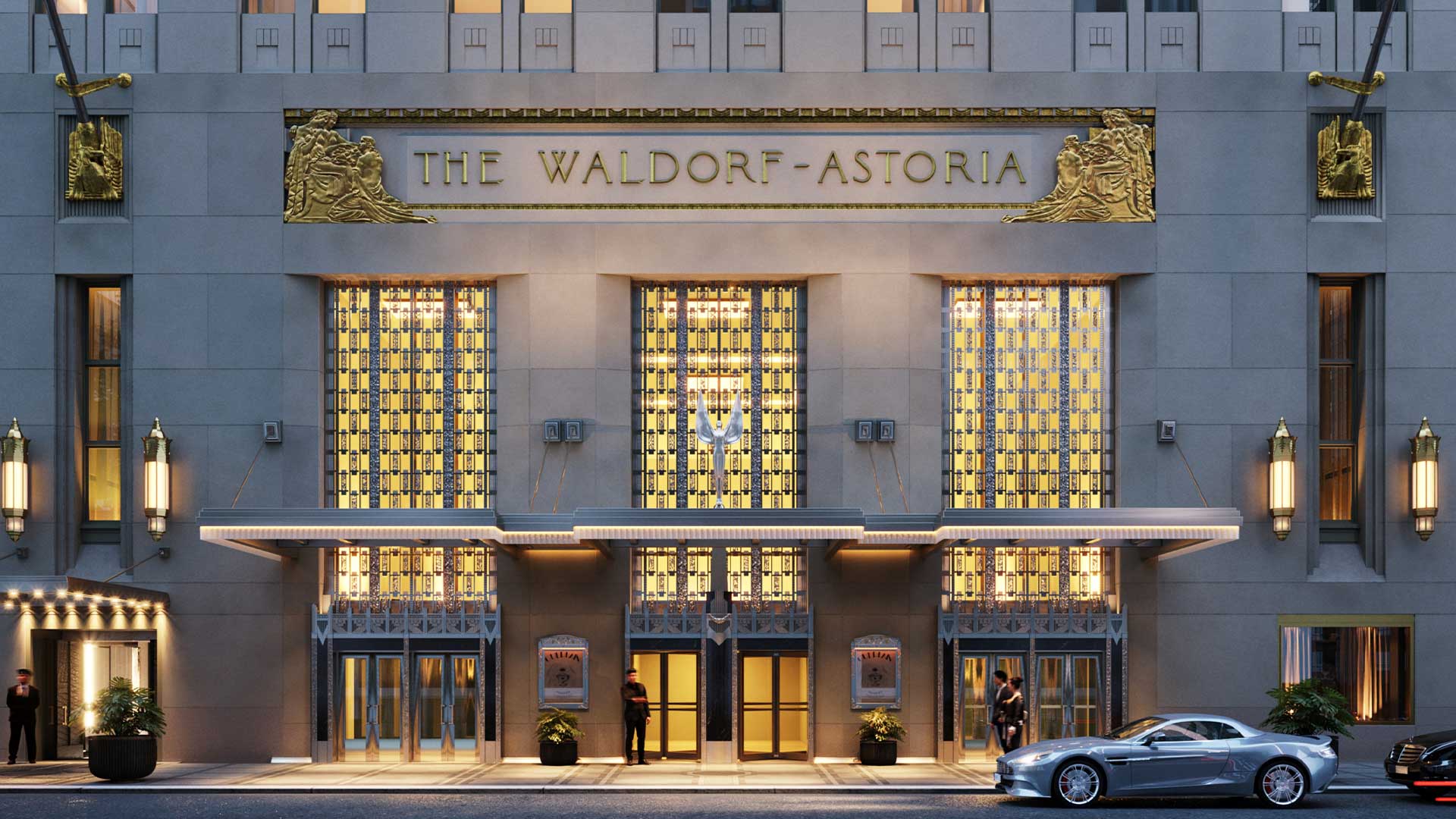The Signature Life: Is India Ready for Branded Residences?
A CAGR growth of 75% for the last five years of individuals with a combined wealth of ₹1,000 crore. A sales record high of 42,731 luxury cars in 2023. Disposable income levels on the rise. Aspiration for finer things in life on the increase. This discerning demographic is eyeing luxury residences, made more covetable by association with a high-end brand, with great interest.
By Rupali Sebastian
India’s economy is on the rise. Spectacularly. From a GDP of 1856.72 billion USD in 2013, it has burgeoned, in merely 10 years, to 3572 billion USD in 2023 (source: statista.com). This upward trajectory is matched by increase in disposable income and the number of high-net-worth-individuals (HNWIs) and ultra-high-net-worth-individuals (UHNWIs). In their report The Landscape of Branded Residences in India-2024, hotel investment company Noesis points out to India’s rank as the world’s third wealthiest nation, with 271 billionaires. These are discerning buyers, whose views have already been shaped by the traditional outlook of investing in real estate. This approach is now coloured by the aspiration for an opulent, curated and high-quality living experience, tempered with impeccable service and prestige. Branded residences occupy this spot.
Considered at the pinnacle of all luxury residential formats, branded residences are high-end housing projects to which a hospitality chain or other luxury brands lend their 'name'. In case of hospitality brands, the added advantage is that they provide management services, albeit for a fee. Such an association benefits all three stakeholders—that is, the developer, the brand and the buyer. For the developer, it translates to sales price premiums and higher sales velocity; for the brand it means opening up of new income streams and diversification of their offerings; and the buyer stands to reap financial rewards from rental returns, capital appreciation, quality assurance and a more refined lifestyle.
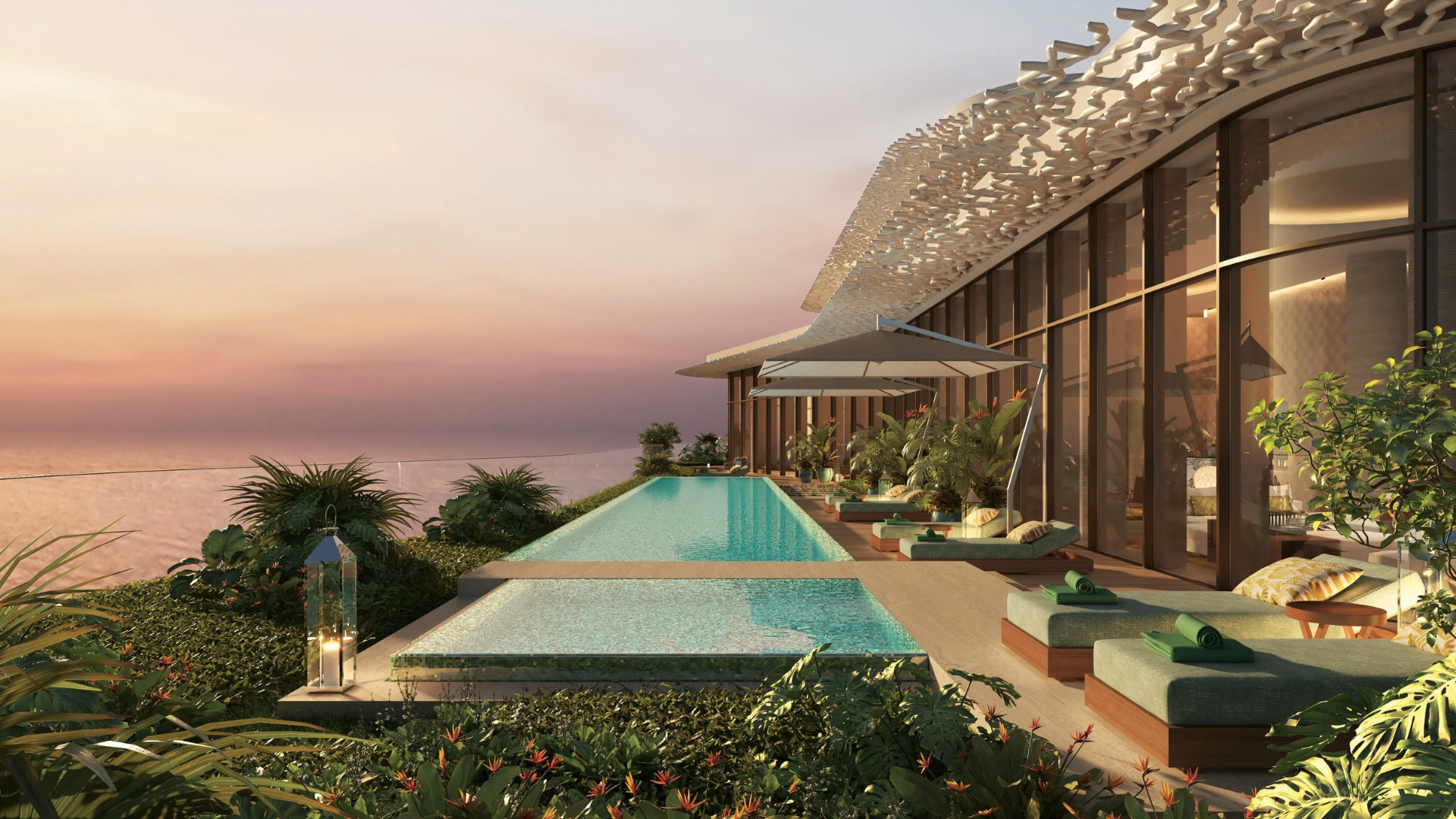
Bulgari Lighthouse Dubai reflect's the brand's unrivalled craftsmanship, thoughtful precision, and timeless elegance.
What values does a brand bring to a customer?
The true desirability of a branded residence lies in the amenities and services offered by this format. This depends on the location and type of development—whether hotel-led, mixed-use or standalone. Services will include those incorporated into the annual charges, and some which can be availed on-demand. Clubhouse access, security, valet parking and loyalty programmes (in case of hotel-branded residences) can be grouped under the former, while spa, personal trainer sessions and in-room dining fall in the latter.

The true desirability of a branded residence lies in the amenities and services offered by this format.

Anuj Puri, Chairman And Founder, Anarock
(Hotel and non-hotel residences) are being offered across cities... (Consumption) is wholly market dependent.
Anuj Puri
Chairman And Founder, Anarock

Hotel-branded vis-a-vis non-hotel branded residences
Historically, the branded residences market has been dominated by hotel brands, which are in a unique position to offer world-class services as well as lend their brand equity for a heightened perception of the development. But residences can and, in fact increasingly are, collaborating with luxury consumer brands from the fashion, automotive and restaurant sectors, as well as celebrity architects/interior designers. This, in turn, is fuelling the trend towards standalone branded residences—in other words, residences without a hotel located within the same building or nearby.
In one of the biggest movements in the Indian sector of branded residences, realty firm Whiteland Corporation signed an agreement with Marriott International to bring 'Westin Residences' to Gurugram in early July this year. The development is slated to be India’s largest branded residential project and the first standalone one sans a hotel onsite from the Westin brand. On the occasion of signing the agreement with Marriott International, Pankaj Pal, Managing Director, Whiteland Corporation, said that the development would “redefine premium home ownership with exceptional service and attention to detail, offering a prestigious address that will bring pride and joy to its residents.”
July, again, saw Samarth Bajaj-founded Boheim, a global Indian luxury living brand, announcing its debut in the luxury real estate sphere in India with high-end villas designed by, for starters, interior designer Gauri Khan, and fashion designers Abu Jani & Sandeep Khosla and Kunal Rawal. Unlike a designer space offered as a premium, albeit readymade, product, these ultra-luxurious bespoke homes will be tailor-made for the owner to the last detail. While the initial roll-out will cover Goa, Hyderabad (Bajaj’s hometown) and Alibaug, international markets like Dubai, Africa, Sri Lanka and Thailand are already on Boheim’s radar. “Why did I enlist fashion designers to curate our interior spaces?” rhetorises Bajaj. “The answer lies in their unparalleled mastery of design and luxury. Freed from the constraints of conventional space design education, fashion designers naturally think beyond traditional boundaries, a quality that enhances their exceptional talent in creating bespoke homes for Boheim patrons.”
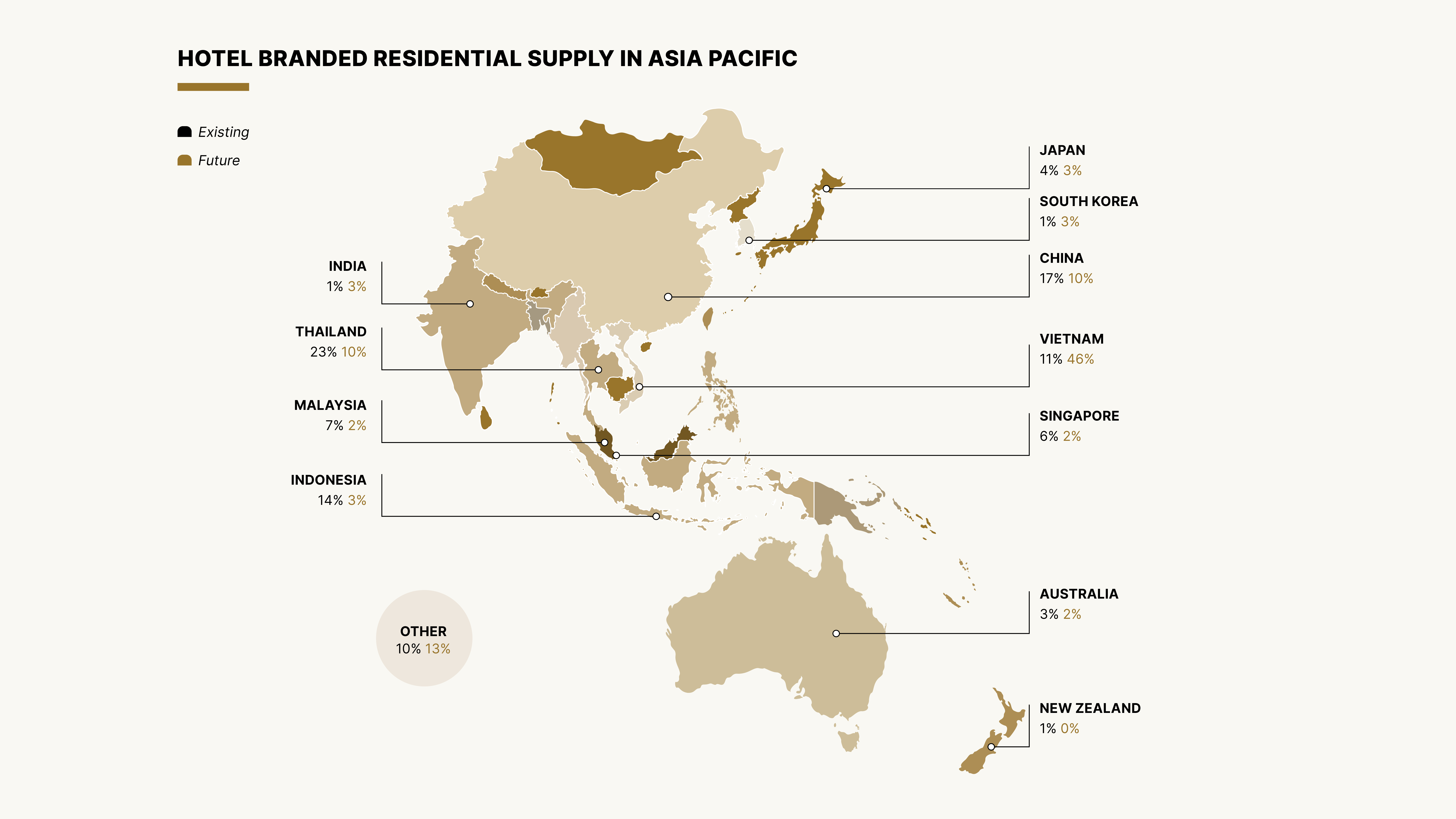

Samarth Bajaj, Founder, Boheim
Fashion designers think beyond traditional boundaries, a quality that enhances their exceptional talent in creating bespoke homes for Boheim patrons.
Samarth Bajaj
Founder, Boheim

Does service enjoy an edge or a ‘designer’ space? Harsh Bansal, co-founder, Unity Group, throws light on what prompted them to approach a consumer luxury brand—Versace, in this case—instead of a hotel brand for the branded residences that are part of their The Amaryllis development in Karol Bagh, New Delhi. “A designer brand like Versace or Armani comes with their independent, full-fledged design team and product offerings. Therefore, they not only support you in interior design but also procuring designer products,” he states, adding, “I'm not quite convinced about the value the service angle (of a hotel-branded residence) brings to the individual home, in a country where house help is readily and cheaply available, and will do things your way.”
On the other hand, Mumbai luxury real estate developer Hubtown is actively looking for a hotel as a brand partner for an “enhanced product differentiation” because “high-end marble will only take you so far,” says managing director Vyomesh Shah. “I can speak only for Mumbai, but service is critical in this market. The level of service even in 100-200 crore apartments is still unorganised. And there is a certain expectation people have of service standardisation.”
However, whether a hotel-branded residence is consumed better than its non-hotel counterpart, “is wholly market dependent,” says Anuj Puri, Chairman, Anarock. “In fact, both types are being offered across cities depending on the demand. For instance, in Mumbai we saw developers collaborate with both consumer luxury brands like Armani and hotel chains. In Chennai and Bengaluru, we have seen builders collaborate with hospitality brands (to create) Taj Sky View Hotel & Residences and Leela Residences, respectively.”


























